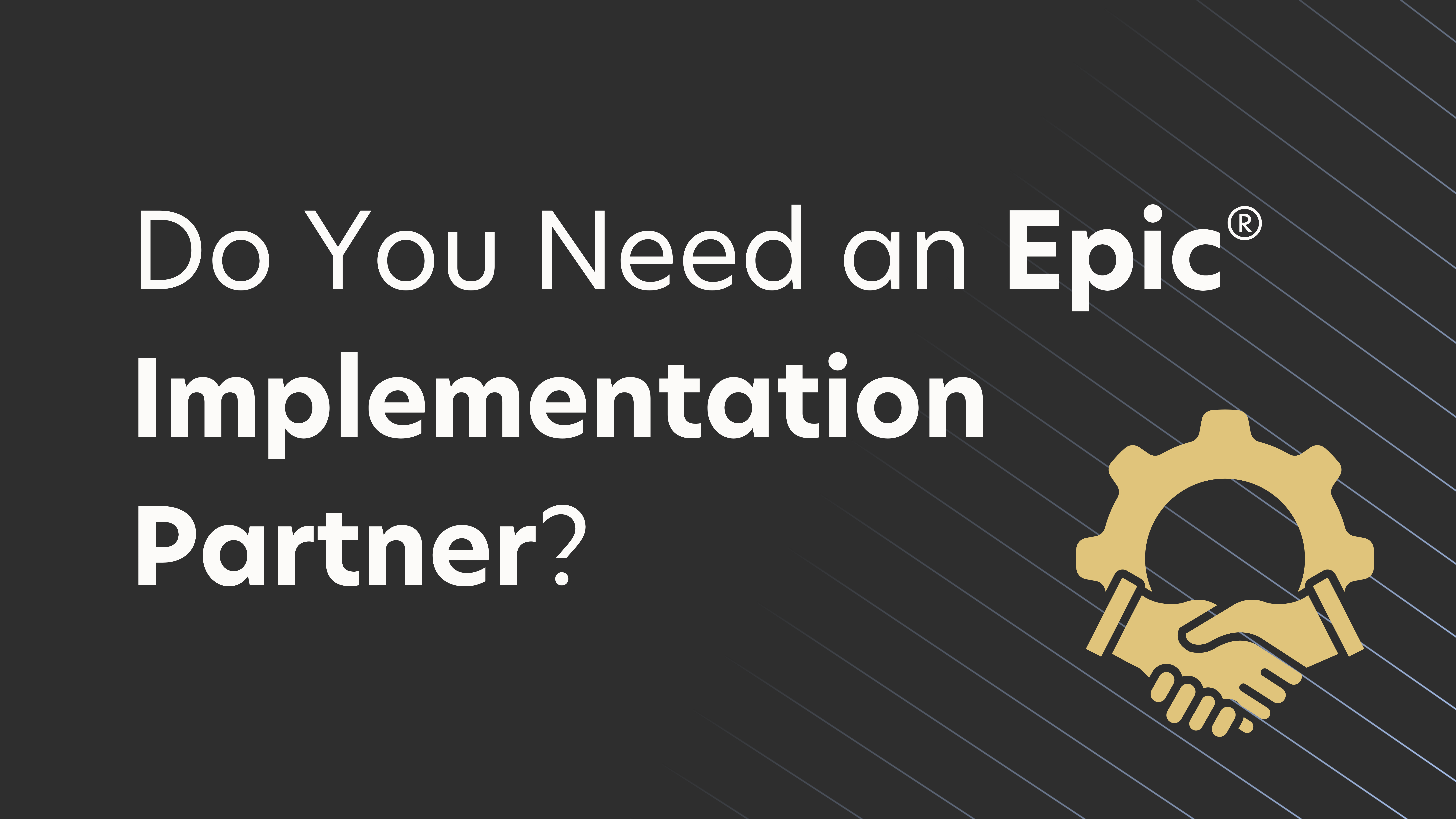
In nearly all active Epic on public cloud deployments, health systems have relied on an approved Epic implementation partner to ensure a successful migration or implementation. These partners bring tested frameworks, deep technical experience, and repeatable methodologies built from dozens of successful public cloud migrations.
If you’re preparing to move Epic to the public cloud – or optimizing an existing deployment –partnering with an experienced team can accelerate timelines, mitigate risk, and help your staff focus on patient care instead of infrastructure challenges.
When selecting a partner, make sure they:
- Have successfully implemented or migrated Epic on public cloud multiple times and can provide referenceable clients who’ve achieved similar outcomes.
- Maintain clear documentation, operational runbooks, and defined service models outlining roles, responsibilities, service-level agreements, and escalation paths.
- Are validated and approved by your chosen public cloud provider. These partners have completed extensive technical and security reviews, giving them access to cloud provider funding that can help offset migration costs.
5 Questions CIOs Should Ask Before Deciding to Migrate Epic with Their Existing Staff
If your team is considering moving Epic to the public cloud without an external partner, start with these questions:
- Do we have the staff capacity and retention to sustain Epic operations?
Are we struggling to retain or replace the talent required to manage our data center and Epic infrastructure? - Do we have current, well-documented runbooks that support consistency and risk reduction?
How quickly could a new team member get up to speed using our existing processes and automation tools? - Are our teams equipped for innovation?
Do we have a defined training and upskilling plan that allows our teams to adopt new public cloud capabilities and improve how we deliver patient care? - Do we have the depth of public cloud expertise to optimize Epic’s performance and cost efficiency?
Where are the gaps that might slow digital transformation or limit our ability to scale? - Do we have thorough documentation and planning for an Epic to public cloud migration?
If not, how is that affecting your digital transformation timeline, costs, and operations?
When to Bring in a Partner
If you answered “no” to any of these questions, or hesitated, it may be time to evaluate experienced Epic-on-cloud partners. Your public cloud provider can share a list of approved partners.
Public cloud vendors often provide financial incentives to these approved partners to encourage successful migrations. For example, Microsoft offers End Customer Investment Funds (ECIF) – a program that helps offset the cost of Azure adoption for qualified health systems. ECIF funding is allocated through approved Microsoft partners to support key project phases, ultimately reducing the health system’s out-of-pocket investment. When combined with a partner’s proven methodology and Epic migration experience, these programs make collaboration one of the most efficient paths to a stable, high-performing Epic environment in the public cloud.
Migrating Epic to the public cloud is a major step toward improving reliability, scalability, and cost efficiency – but it requires more than just technical knowledge. The right partner brings the repeatable frameworks, automation, and hands-on Epic expertise that turn complex migrations into predictable outcomes.
At EHC Consulting, our team has helped health systems across the country implement, migrate, and manage Epic on public cloud platforms. From early planning to post-migration management, we bring the experience and cloud partnerships needed to ensure your Epic environment runs securely, efficiently, and without disruption.
If you’re evaluating your next step in Epic modernization, we’d be happy to share insights from recent migrations and help you assess whether leveraging a partner could accelerate your goals.




